Teenagers pursuing peak physical fitness and athletic performance often look for ways to enhance their progress. While some may turn to unsafe shortcuts like anabolic steroids, there are healthier, science-backed alternatives that offer benefits without harmful consequences. Creatine is one such option—a widely studied supplement that can safely support athletic goals when used responsibly. Let’s explore the benefits of creatine use for teenagers, along with important precautions to ensure their health and safety.
Benefits of Creatine for Teenagers
- Enhanced Strength and Power
Creatine boosts the body’s phosphocreatine stores, increasing ATP production and providing energy for high-intensity activities. This can enhance performance in sports requiring short bursts of strength, such as weightlifting, sprinting, and football. - Improved Muscle Growth
Creatine supports muscle protein synthesis, promoting lean muscle development. For teenage athletes in growth phases, it can complement their training programs by helping them build strength and endurance. - Faster Recovery
Supplementing with creatine can reduce post-exercise muscle soreness and inflammation, enabling teenagers to recover more quickly and train consistently. - Cognitive Benefits
Research suggests that creatine may enhance brain function, particularly in tasks requiring memory and quick decision-making. This can be beneficial both on and off the field. - Safe Alternative to Steroids
Creatine offers a natural and well-researched way to boost performance without the severe risks associated with anabolic steroids, such as organ damage, mood swings, and legal issues.
Precautions for Teenage Creatine Use
- Consultation with a Healthcare Professional
Before starting any supplementation, teenagers should consult a physician or nutritionist. This ensures creatine use aligns with their individual health needs and fitness goals. - Age-Appropriate Usage
Creatine is generally recommended for athletes aged 16 and older who are engaged in structured, intense training programs. Younger teenagers should focus on balanced diets and foundational fitness. - Proper Dosage
Overuse of creatine can lead to dehydration, cramping, or digestive discomfort. Following recommended dosages (3-5 grams per day for maintenance) is crucial for safety and effectiveness. - Hydration and Diet
Adequate hydration is essential when taking creatine. Teenagers should also pair supplementation with a nutritious, balanced diet to support overall health and development. - Avoiding Misuse
Creatine is not a shortcut to success. It should complement a consistent training regimen, not replace hard work, dedication, and a healthy lifestyle.
The Bottom Line: Health and Responsibility First
Creatine, when used responsibly, can be a valuable tool for teenage athletes striving to enhance their performance. It provides a safe and effective alternative to harmful substances like steroids, allowing young athletes to achieve their goals without risking their health or well-being.
However, the foundation of athletic success lies in patience, discipline, and a holistic approach to fitness. By prioritizing proper training, balanced nutrition, and guidance from professionals, teenagers can unlock their full potential while ensuring their long-term health and safety.


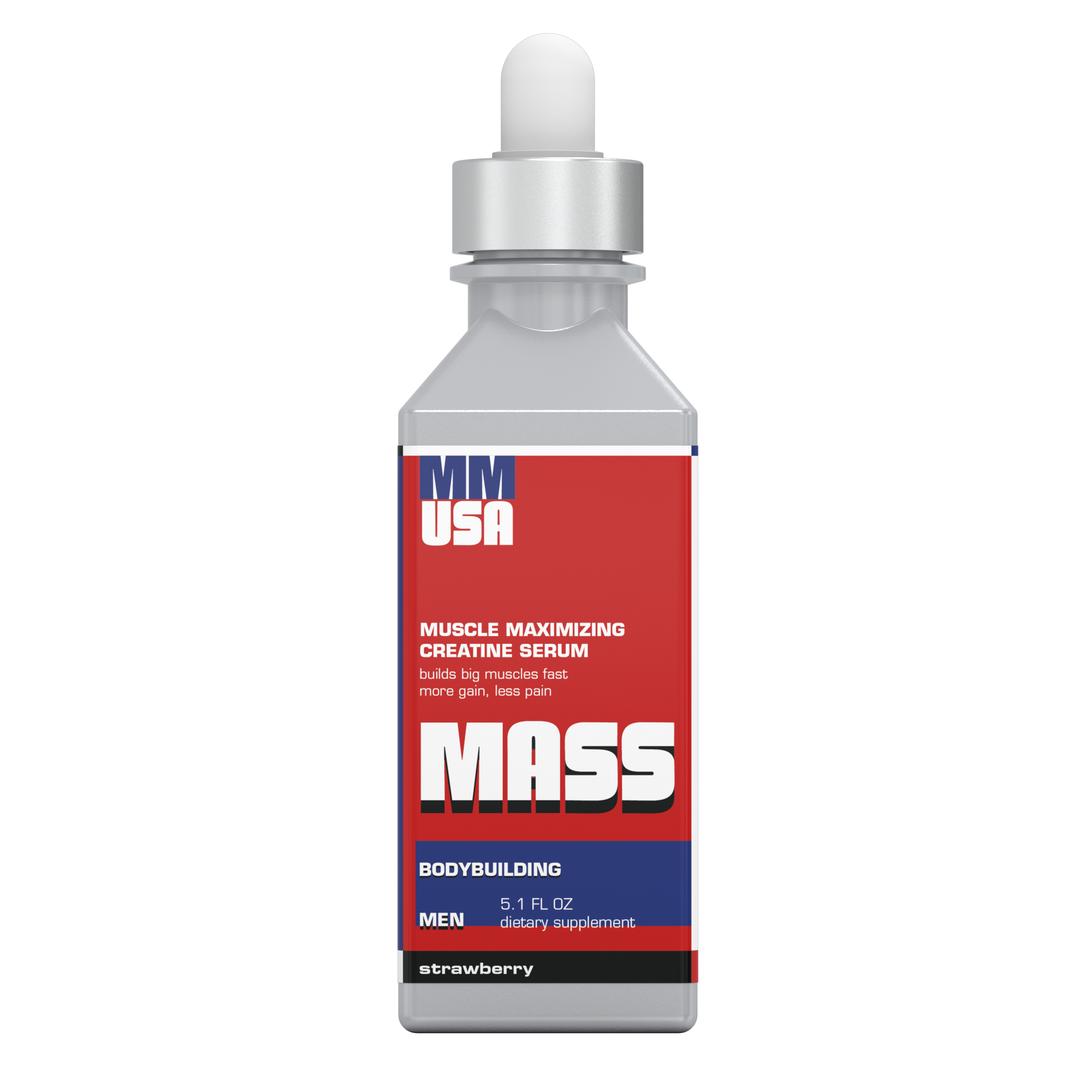 Mass Muscle Maximizing Creatine Serum
A perfect option for the resul...
Mass Muscle Maximizing Creatine Serum
A perfect option for the resul...
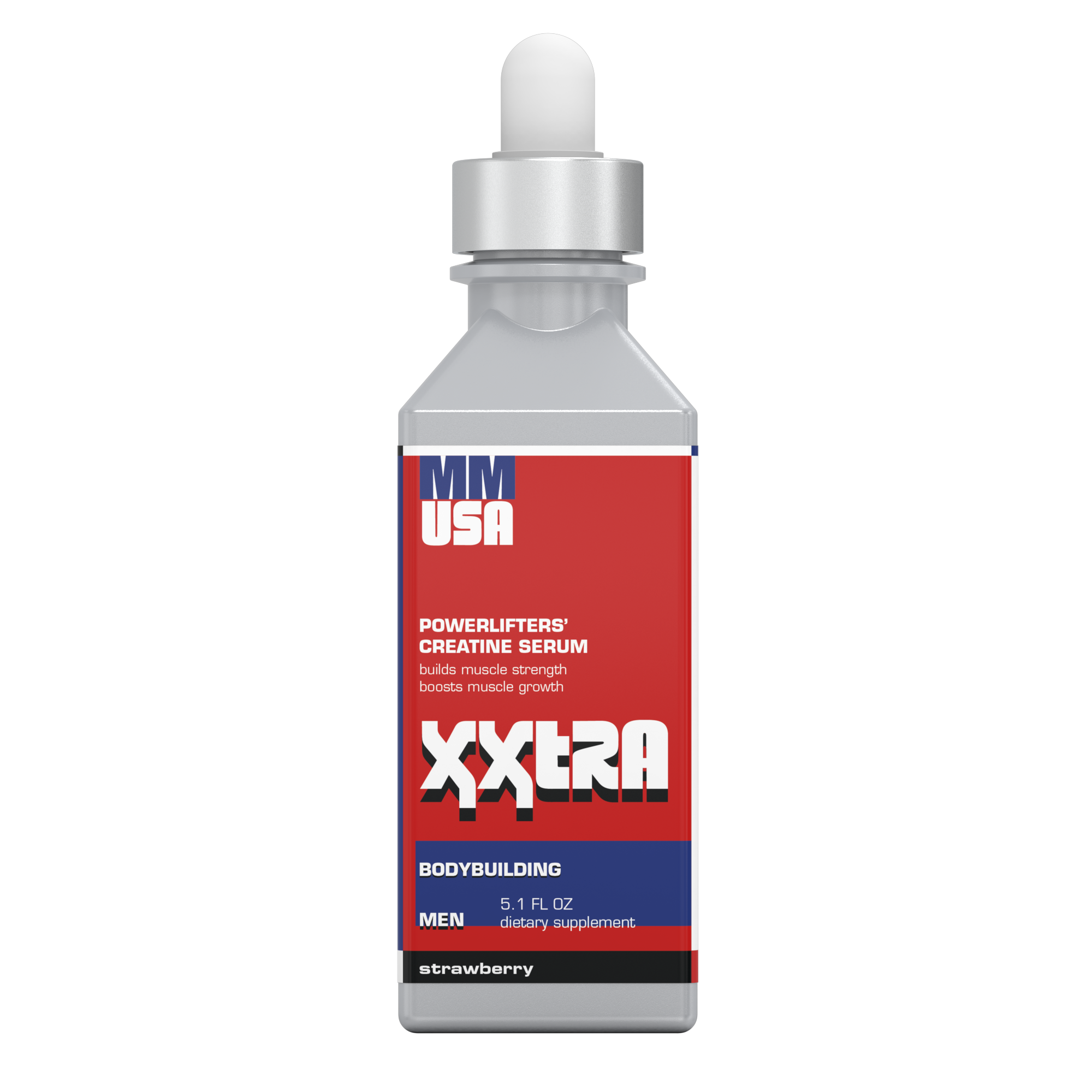 XXTRA Powerlifter's Creatine Serum
Powerful and potent blend of a...
XXTRA Powerlifter's Creatine Serum
Powerful and potent blend of a...
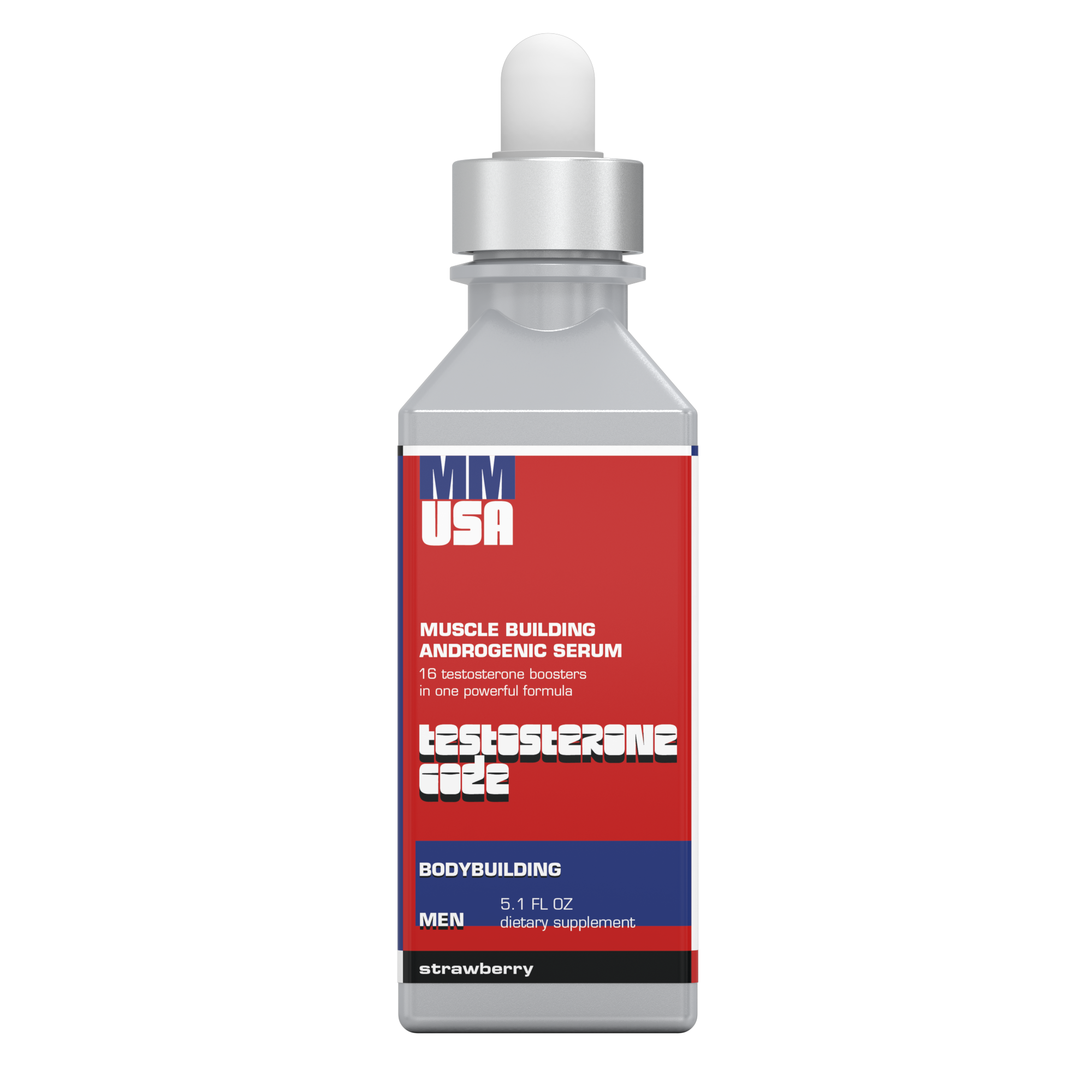 Testosterone Code Muscle Building Androgenic Serum
Natural testosterone boosting ...
Testosterone Code Muscle Building Androgenic Serum
Natural testosterone boosting ...
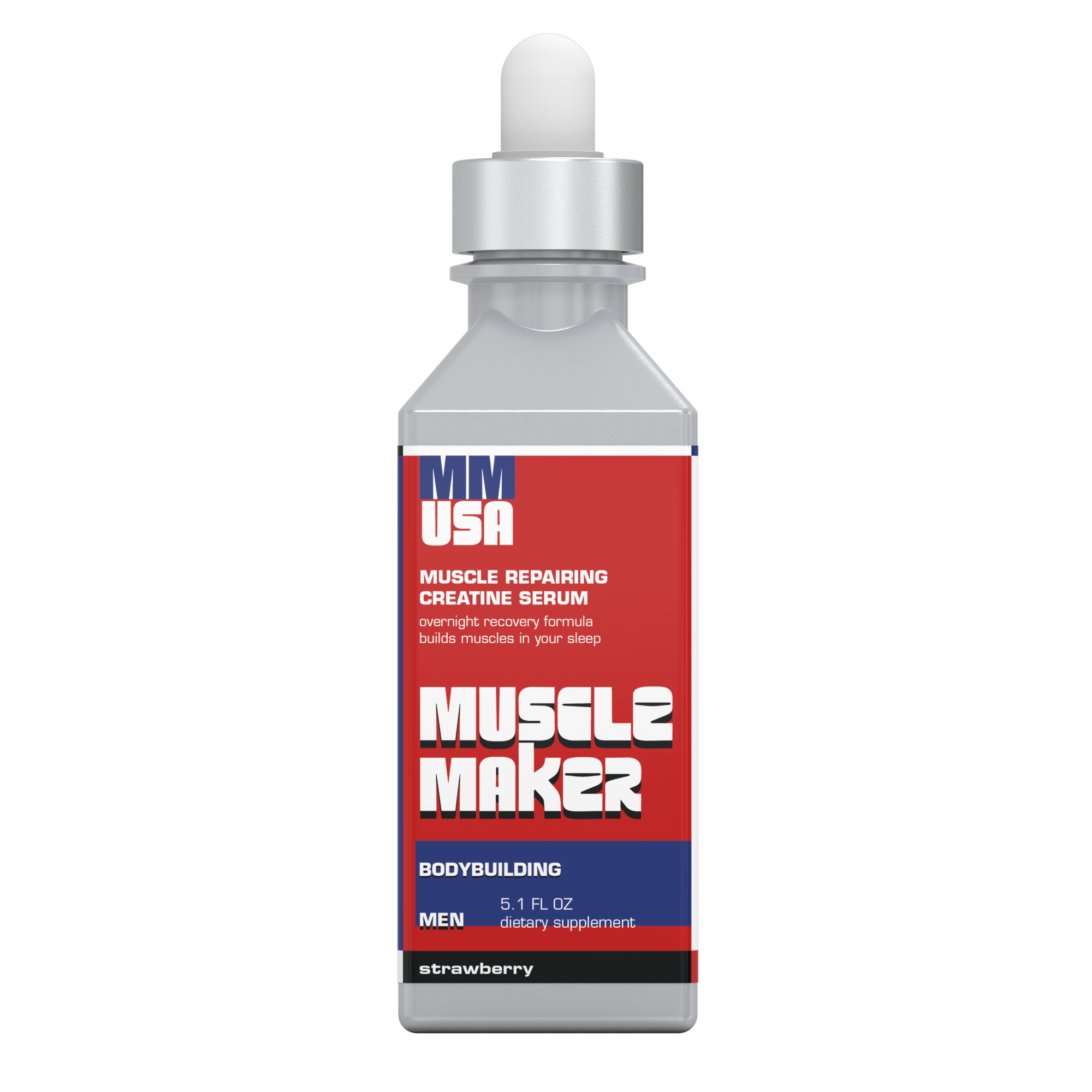 Muscle Maker Repairing Creatine Serum
Post workout formula pack with...
Muscle Maker Repairing Creatine Serum
Post workout formula pack with...
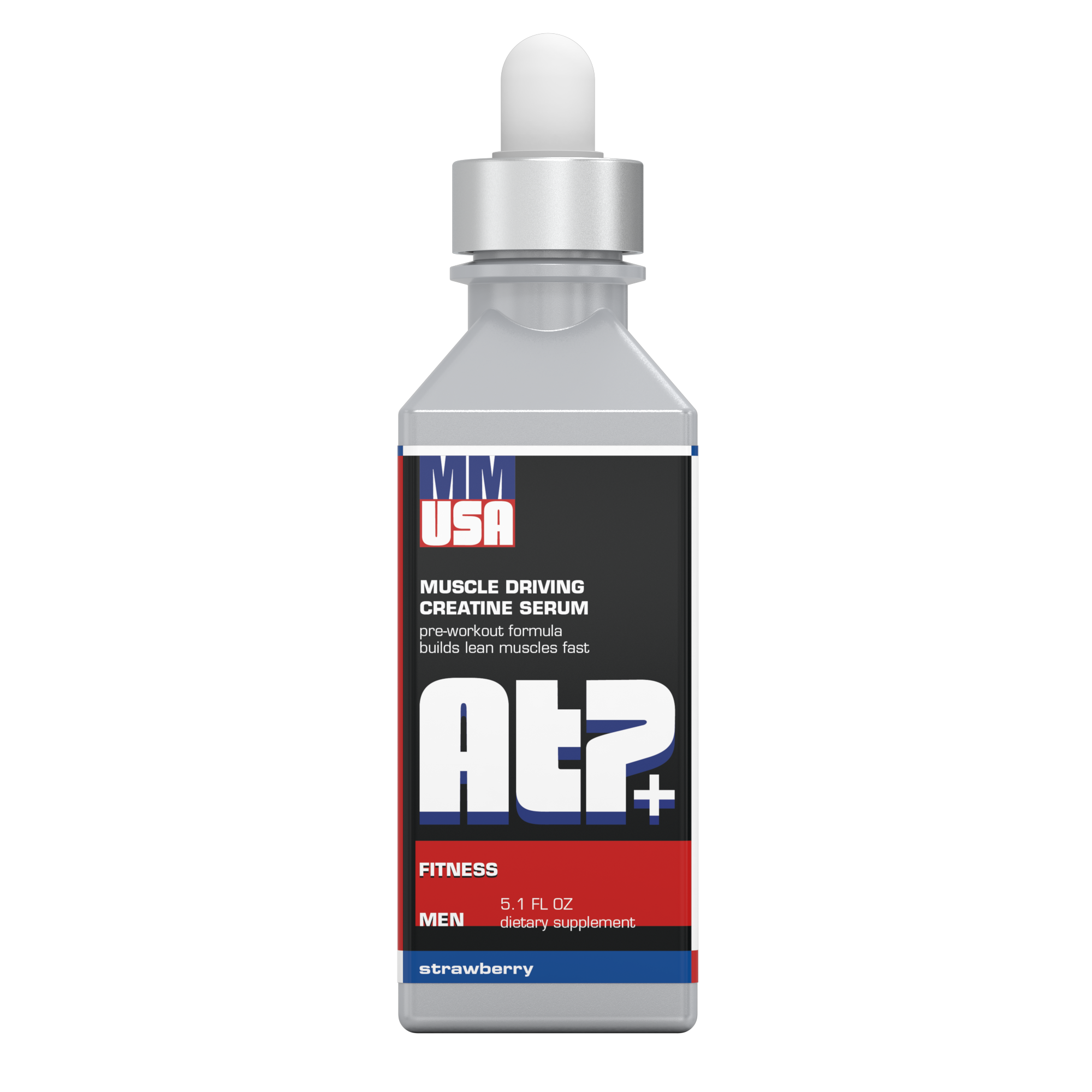 ATP+ Muscle Driving Creatine Serum
Helps maintain healthy joints ...
ATP+ Muscle Driving Creatine Serum
Helps maintain healthy joints ...
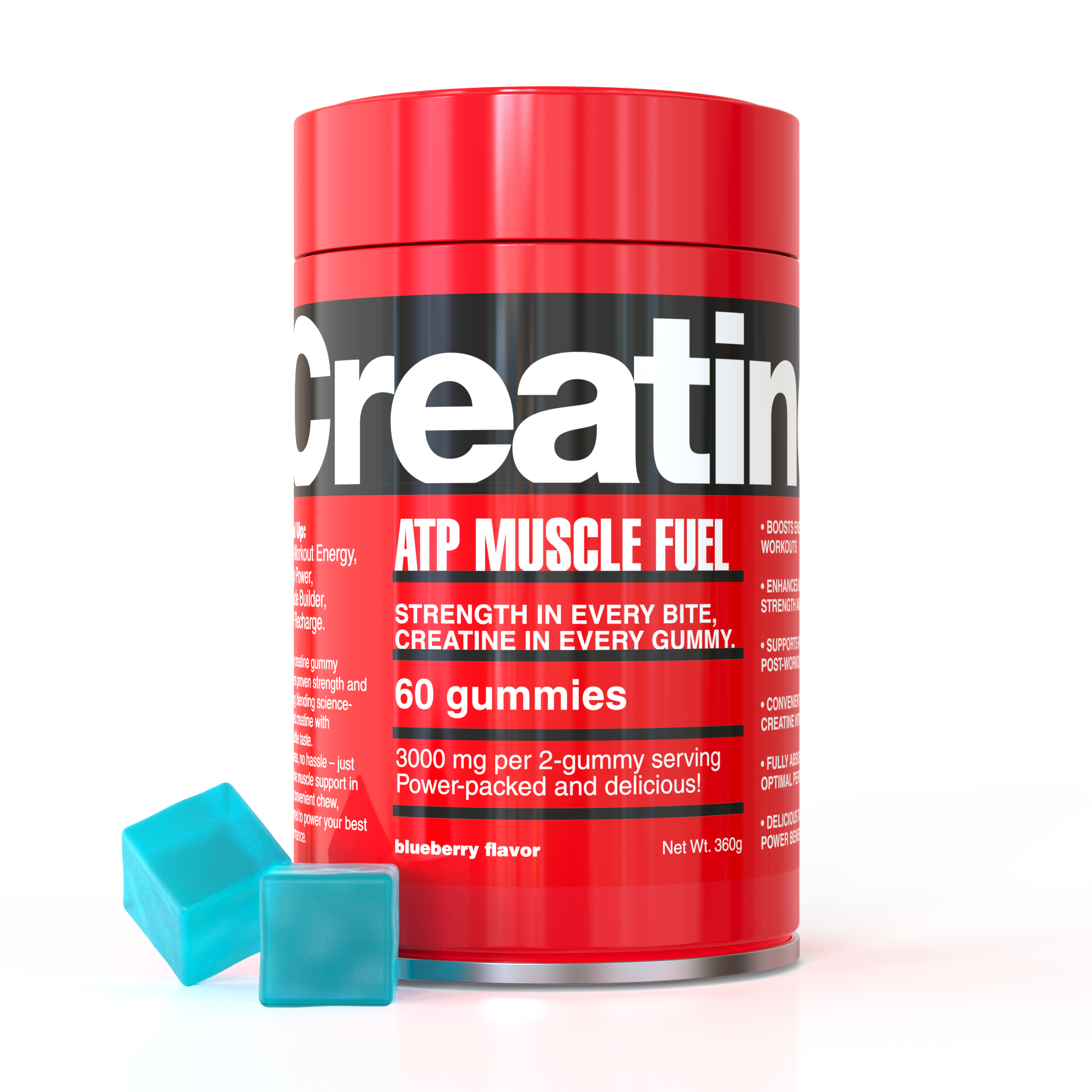 ATP Muscle Fuel Creatine Gummies
ATP Muscle Fuel Creatine Gummies
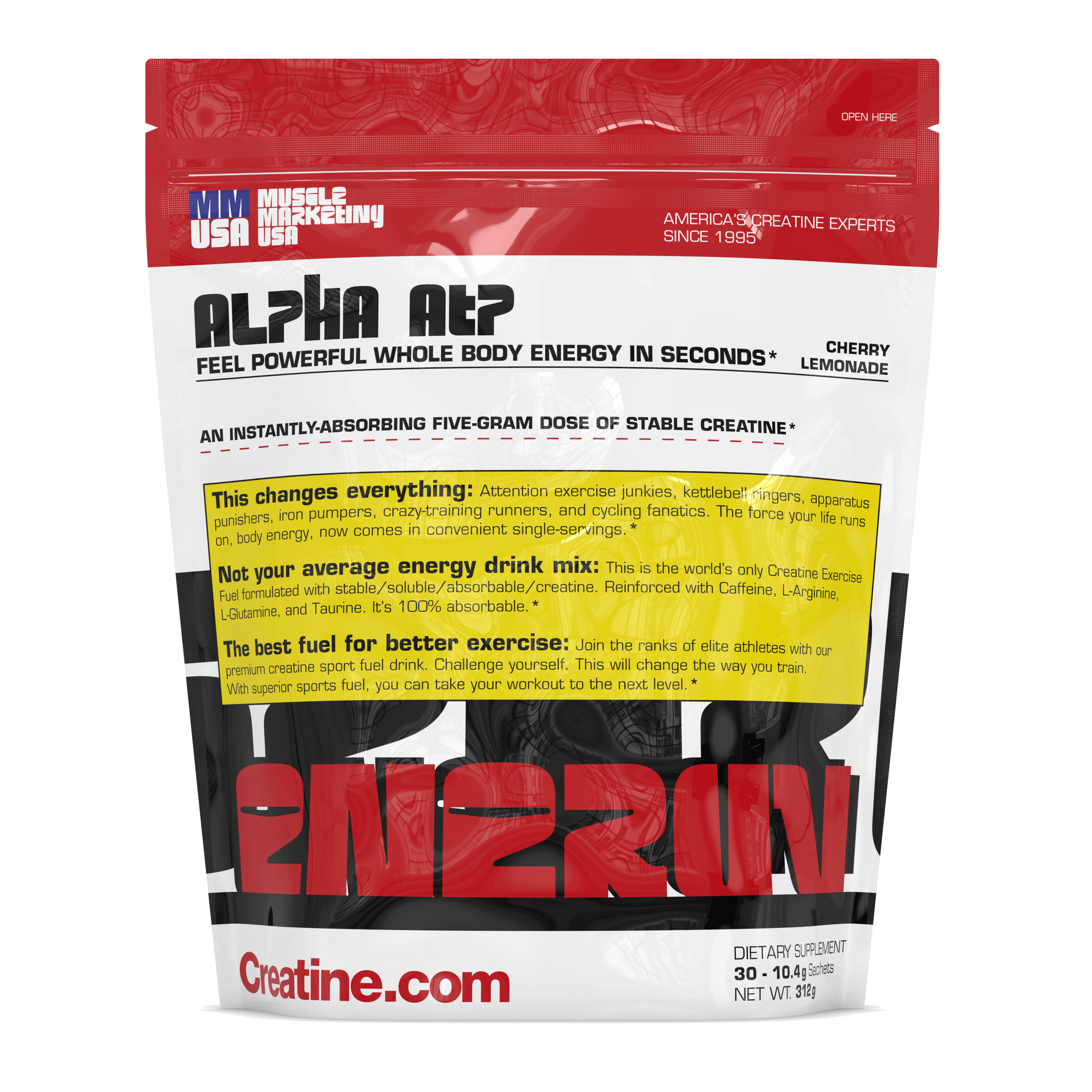 Alpha ATP
STAY AHEAD OF THE PACK, NO MAT...
Alpha ATP
STAY AHEAD OF THE PACK, NO MAT...
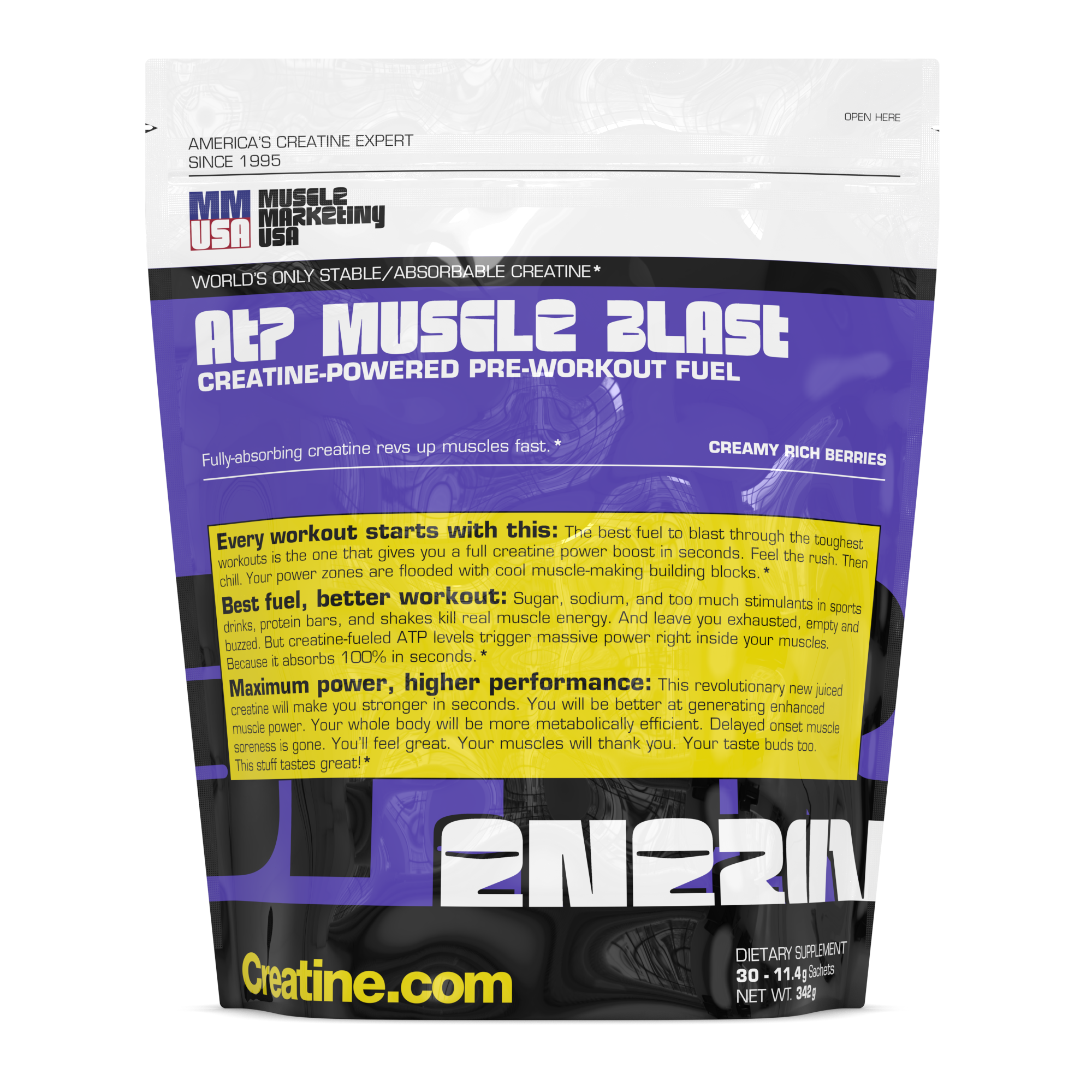 ATP Muscle Blast
ATP Muscle Blast
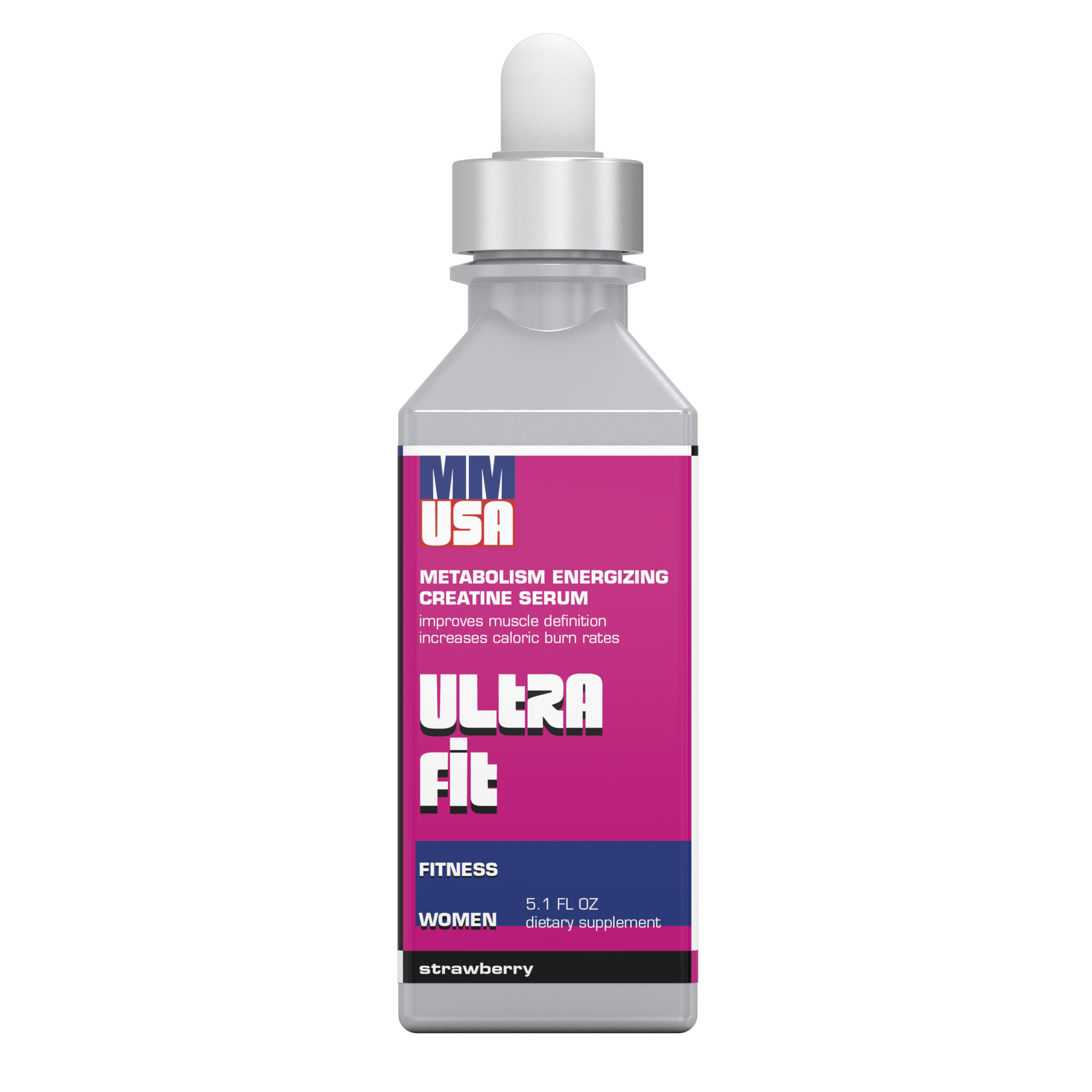 Ultra Fit Metabolism Energizing Creatine Serum
Pre-workout energizer + nouris...
Ultra Fit Metabolism Energizing Creatine Serum
Pre-workout energizer + nouris...
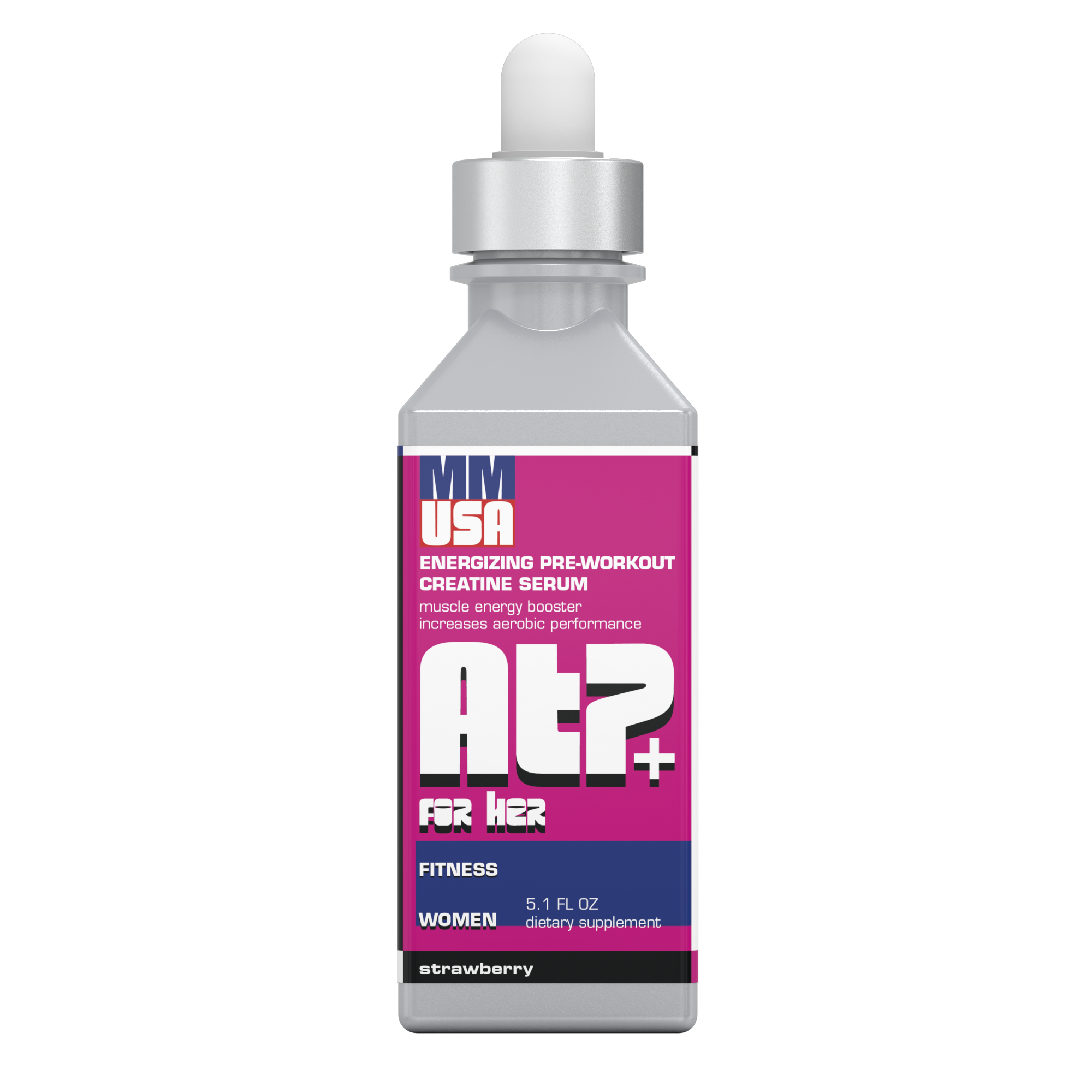 ATP+ For Her Energizing Pre-Workout Creatine Serum
Improves flexibility and boost...
ATP+ For Her Energizing Pre-Workout Creatine Serum
Improves flexibility and boost...
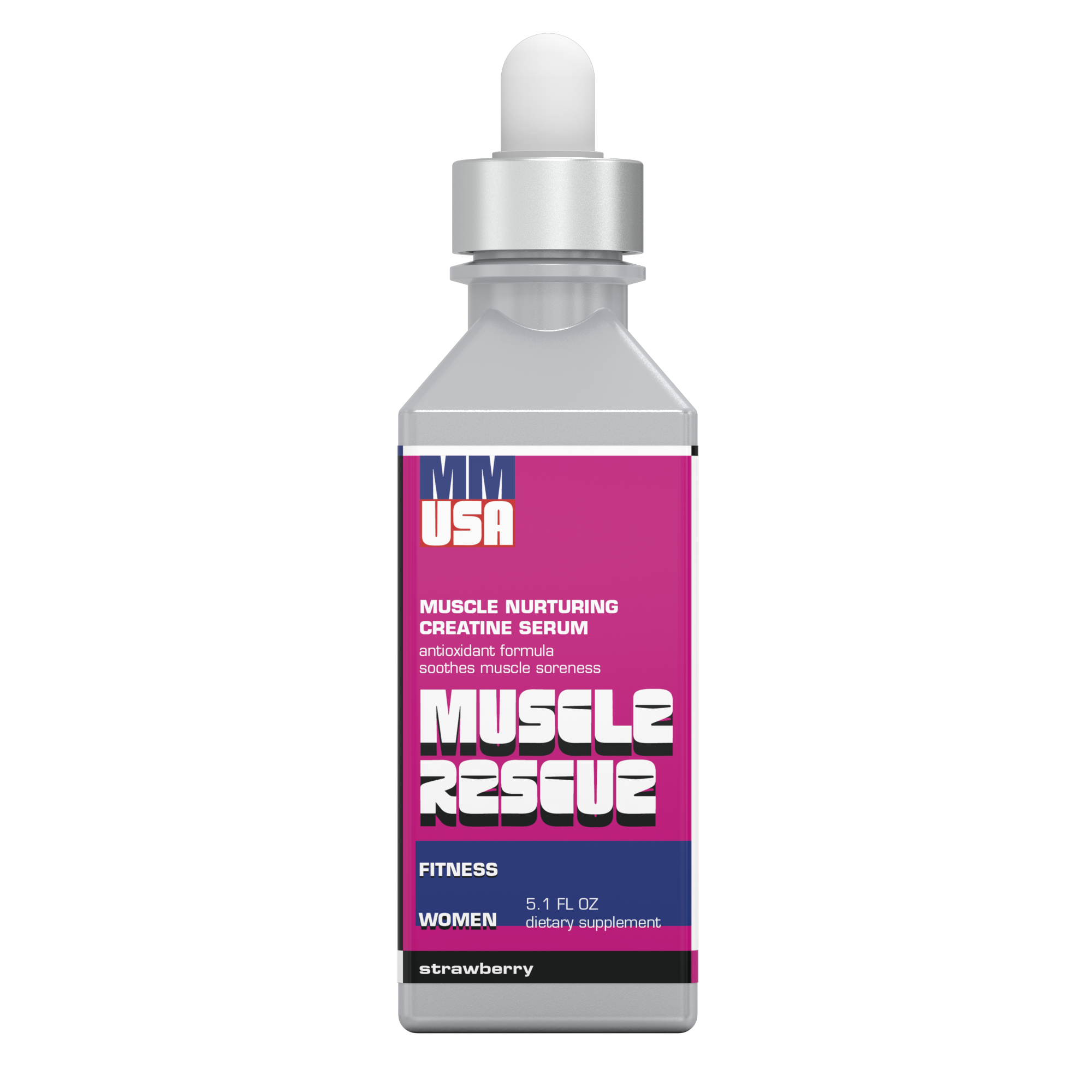 Muscle Rescue Nurturing Creatine Serum
Post workout recovery formula ...
Muscle Rescue Nurturing Creatine Serum
Post workout recovery formula ...
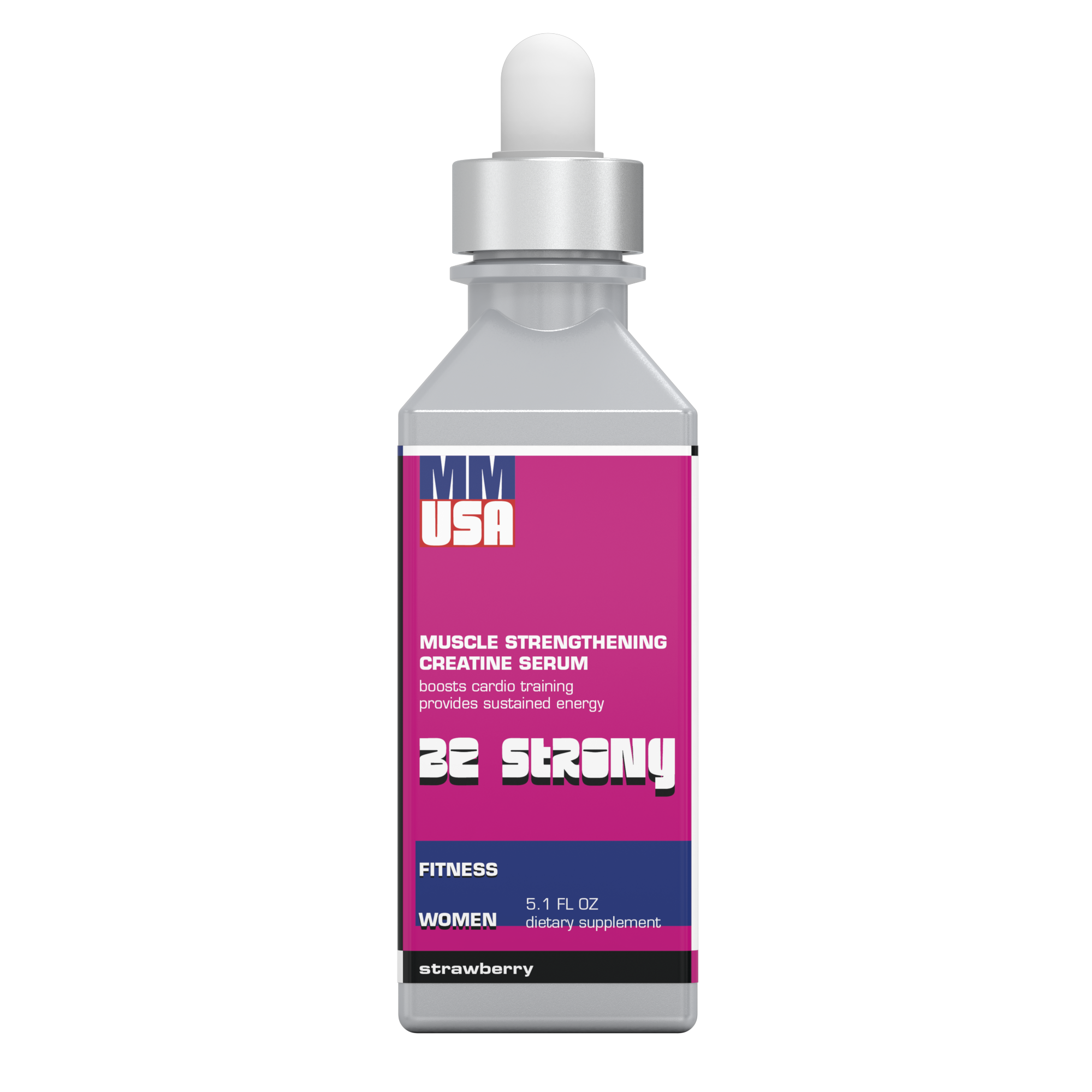 Be Strong Muscle Strengthening Creatine Serum
Helps you tone, sculpt and s...
Be Strong Muscle Strengthening Creatine Serum
Helps you tone, sculpt and s...
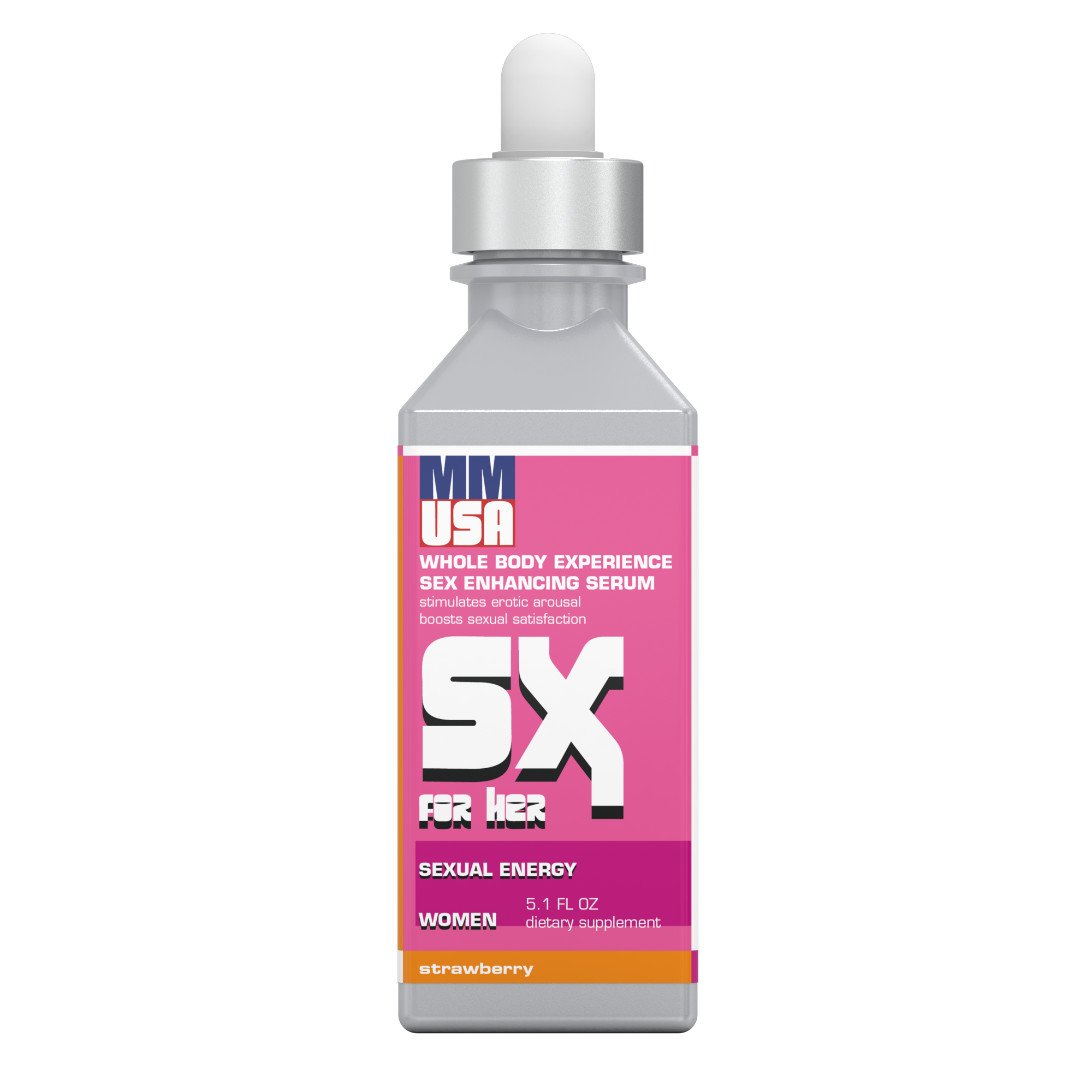 SX for Her Whole Body Experience Sex Enhancing Serum
Made with the most potent ingr...
SX for Her Whole Body Experience Sex Enhancing Serum
Made with the most potent ingr...
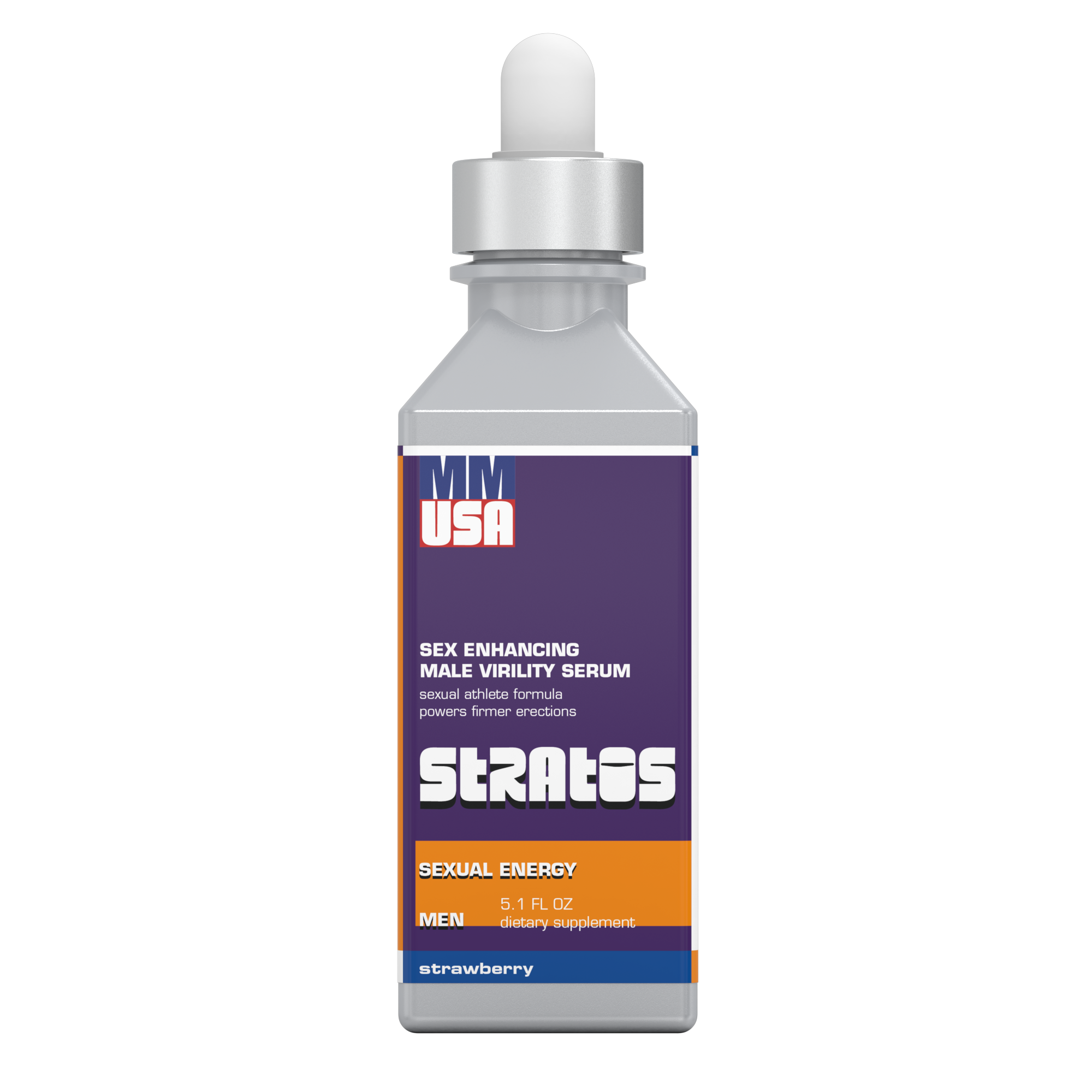 Stratos Sex Enhancing Male Virility Serum
Heightens arousal levels and b...
Stratos Sex Enhancing Male Virility Serum
Heightens arousal levels and b...
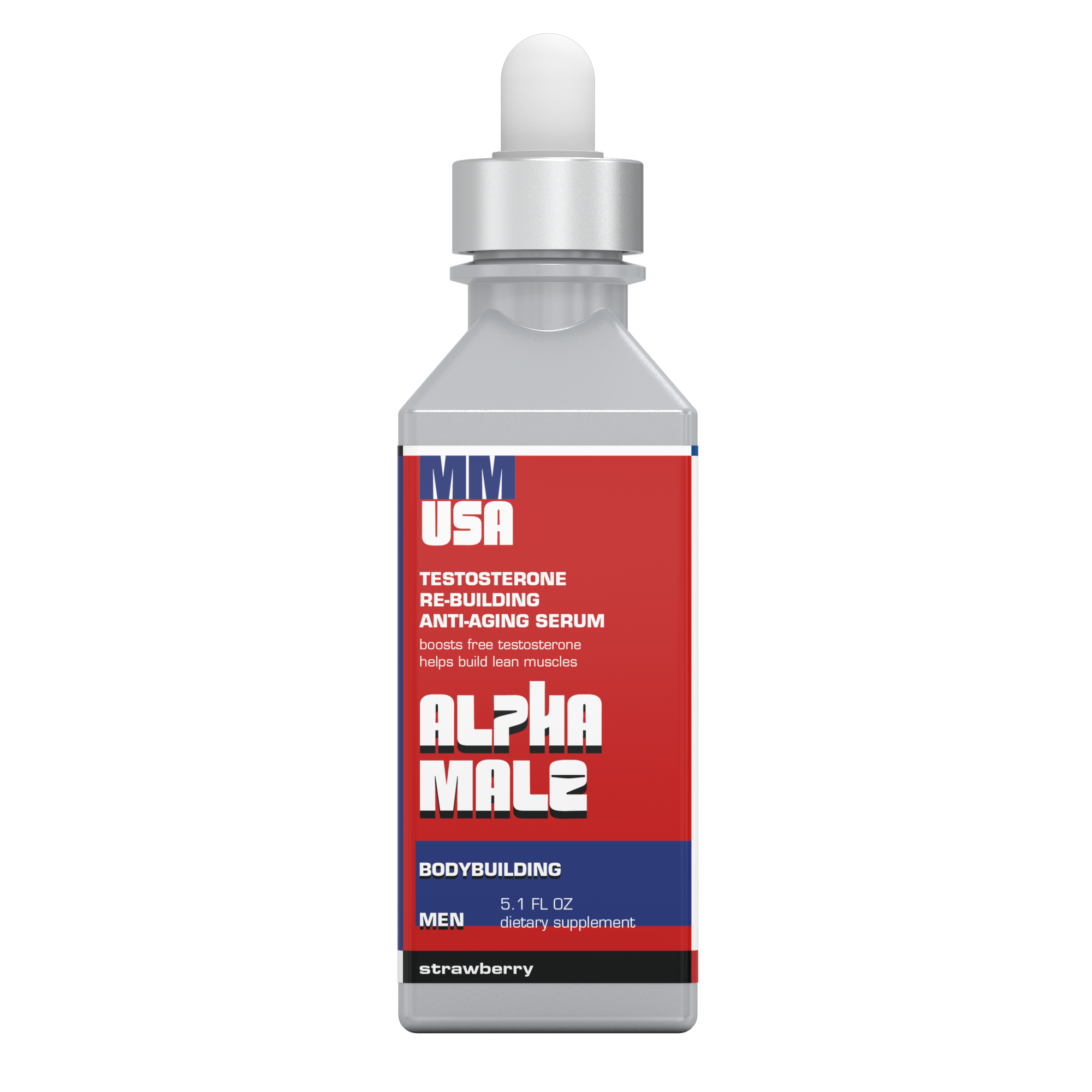 Alpha Male Testosterone Re-Building Serum
Stimulates male libido and pro...
Alpha Male Testosterone Re-Building Serum
Stimulates male libido and pro...
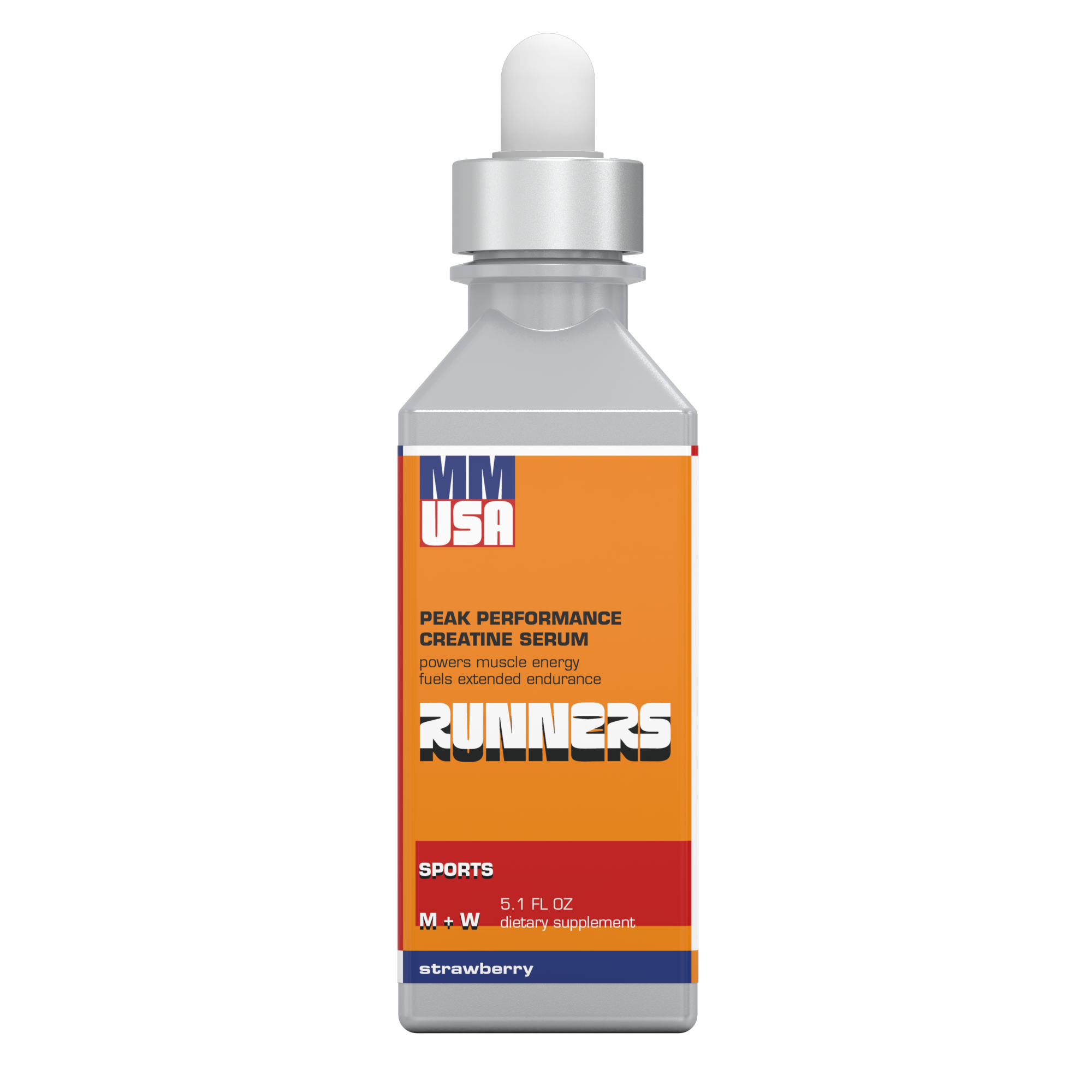 Runners Peak Performance Creatine Serum
Get extended endurance beyond ...
Runners Peak Performance Creatine Serum
Get extended endurance beyond ...
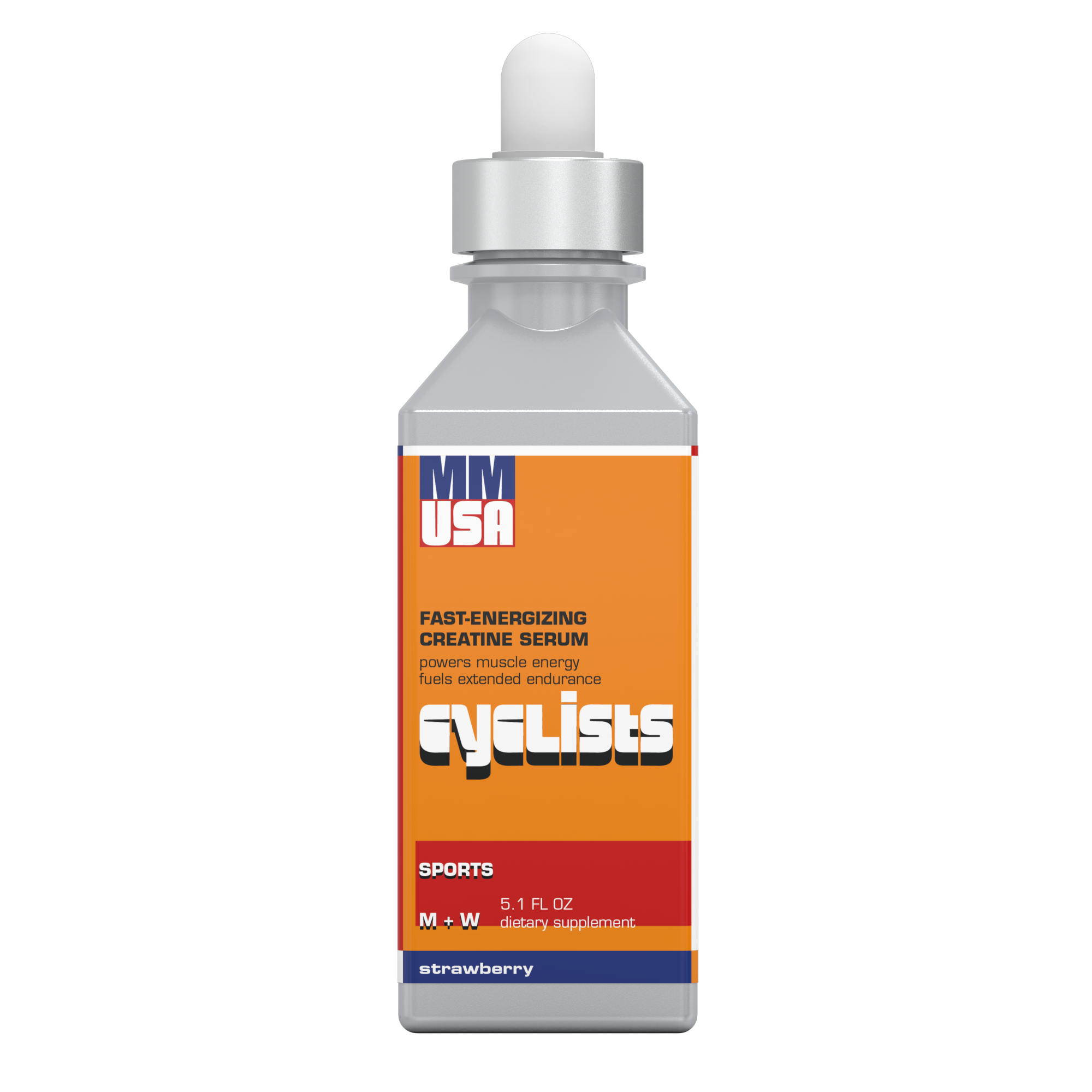 Cyclists Fast-Energizing Creatine Serum
Better strength, stamina, join...
Cyclists Fast-Energizing Creatine Serum
Better strength, stamina, join...
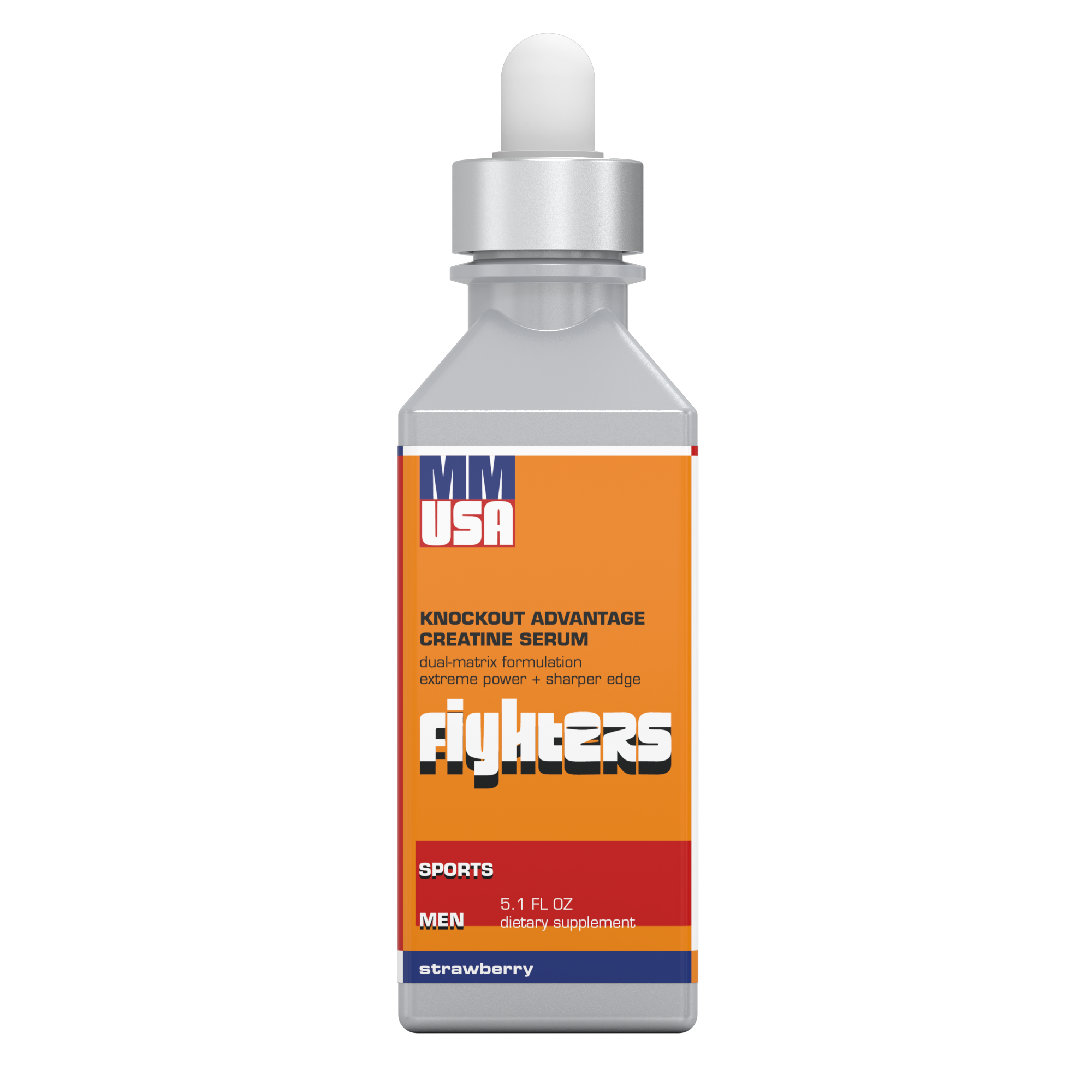 Fighters Knockout Advantage Creatine Serum
Gain amazing energy boost, ste...
Fighters Knockout Advantage Creatine Serum
Gain amazing energy boost, ste...
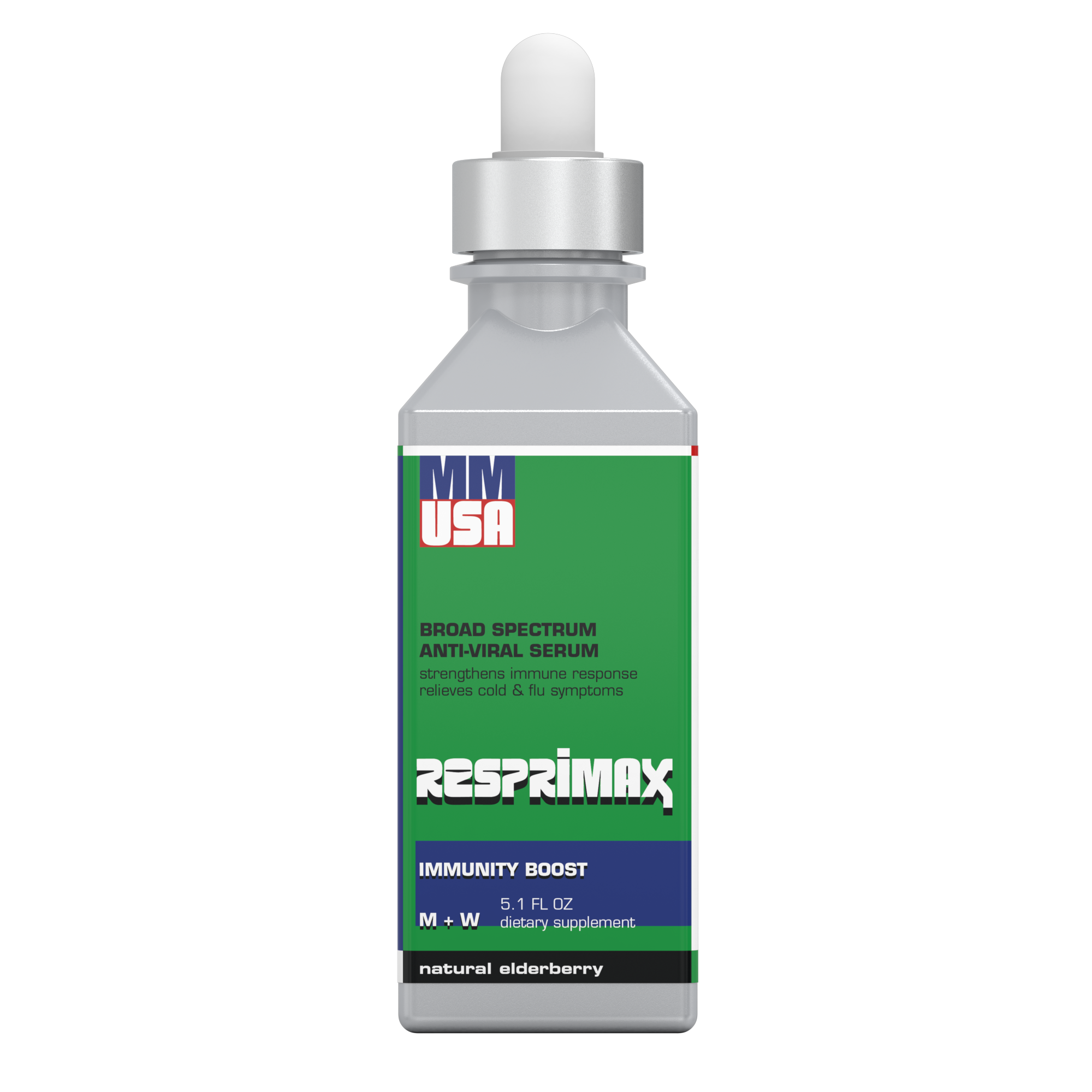 Resprimax Broad Spectrum Anti-Viral Serum
Improves immune response, reli...
Resprimax Broad Spectrum Anti-Viral Serum
Improves immune response, reli...
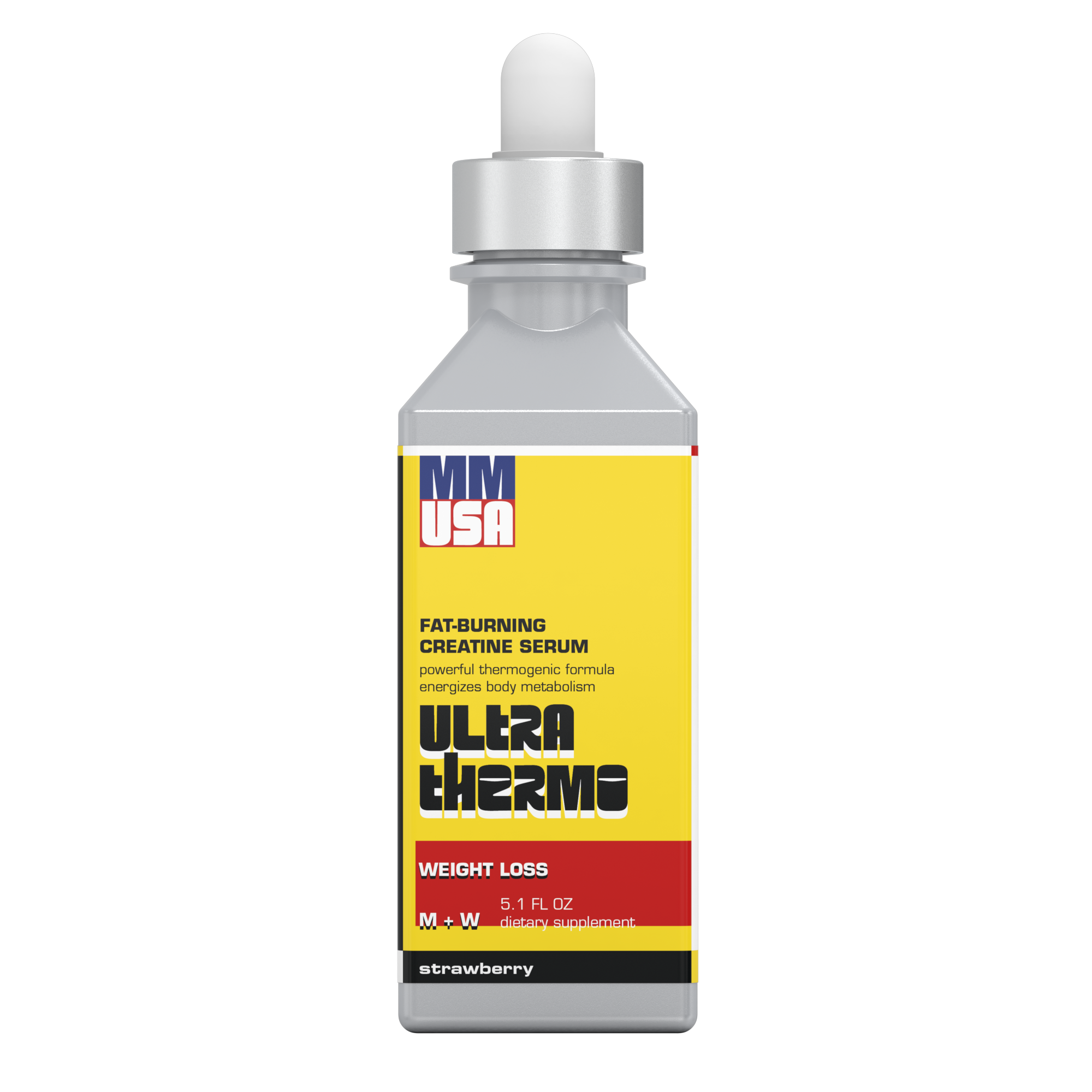 Ultra Thermo Fat-Burning Creatine Serum
Weight loss thermogenic formul...
Ultra Thermo Fat-Burning Creatine Serum
Weight loss thermogenic formul...
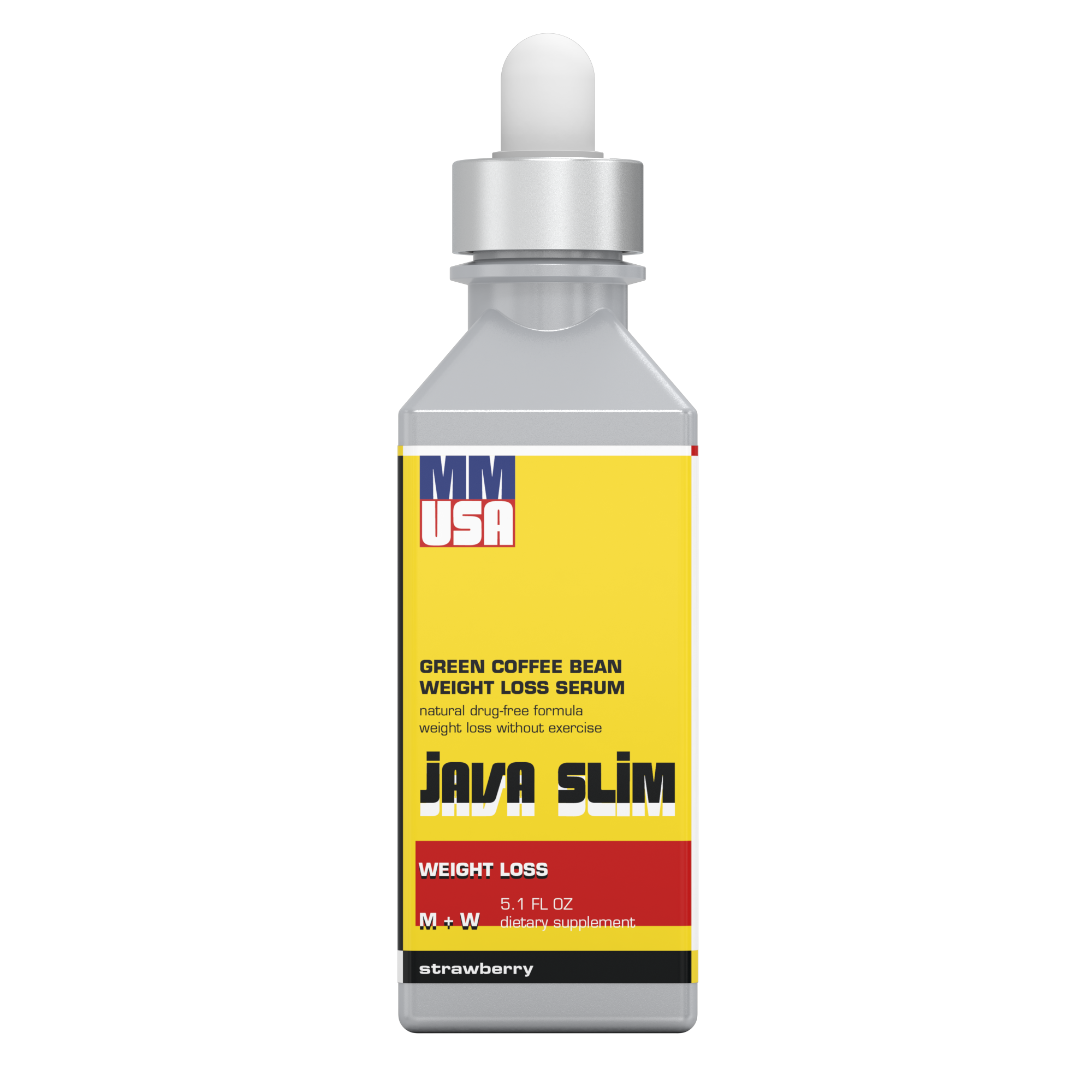 Java Slim Green Coffee Bean Weight Loss Serum
Blocks glucose absorption and ...
Java Slim Green Coffee Bean Weight Loss Serum
Blocks glucose absorption and ...



